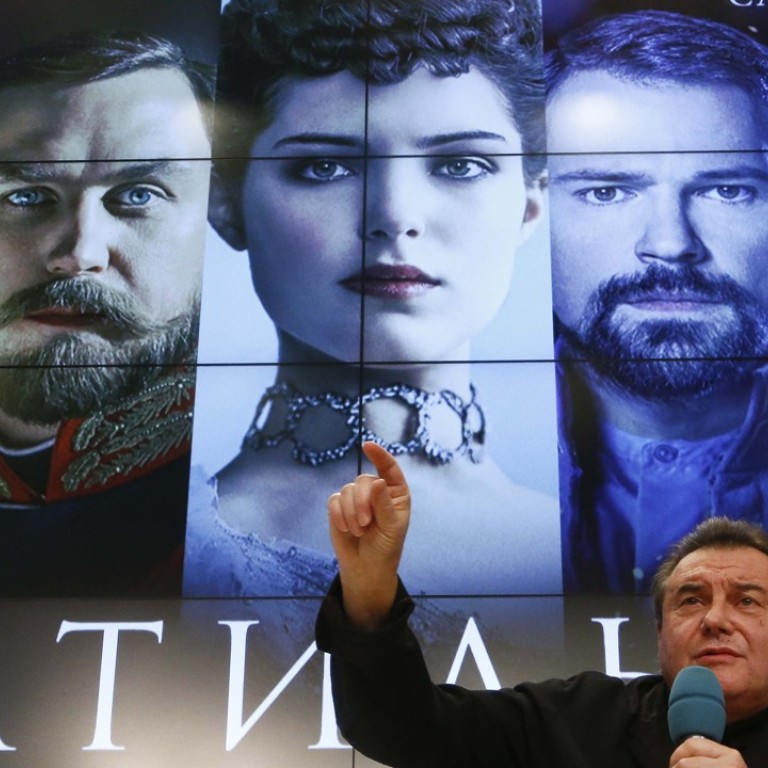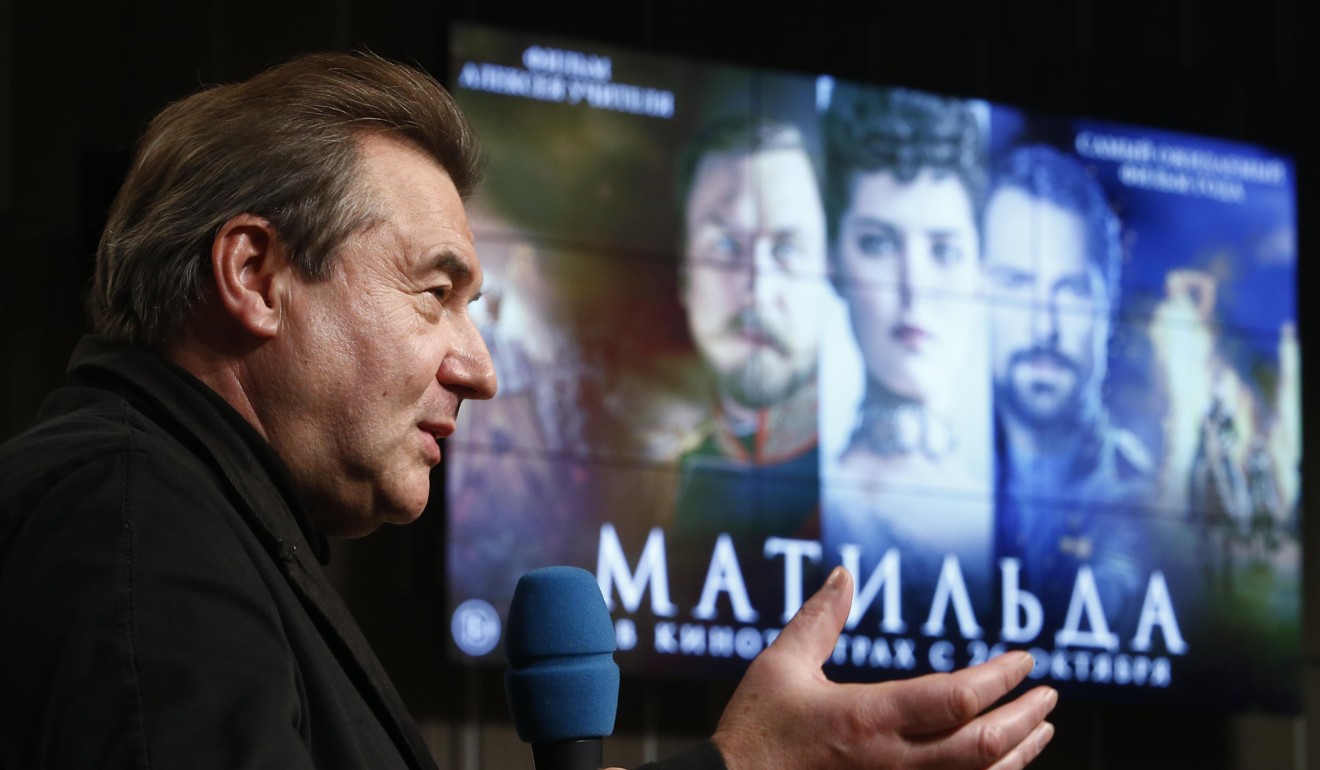
Stars of Russian film on love affair between Tsar and Polish dancer skip premiere over safety fears
Russian film Matilda outrages religious conservatives who believe it is blasphemous
The two lead actors in the Russian film Matilda, which religious conservatives have condemned as blasphemous, have declined to travel to Russia for the premiere because they fear for their safety, the film’s director said.
Matilda, to be released internationally in late October, tells the tale of the late-19th century romance between Nicholas II, before he became Russia’s last tsar, and half-Polish dancer Matilda Kshesinskaya.
Opponents said it besmirches the reputation of the tsar, who was killed by Bolshevik revolutionaries and is widely revered in Russia. The director, Alexei Uchitel, said he had received threats of violence, and several cinema chains have chosen not to screen the film.
Uchitel told a news conference that Polish actress Michalina Olszanska, who plays Kshesinskaya, and German actor Lars Eidinger, who plays the future tsar, did not want to come for the October 23 premiere in St Petersburg and the Moscow premiere the following day.
“They are afraid and that’s why they are refusing. They are worried first and foremost about security. I am still trying to change their minds,” Uchitel said.
He said that Eidinger had received threats and “he is afraid of some kind of physical attacks”.

The director said that two other non-Russian actors in the film, Luise Wolfram and Thomas Ostermeier, also did not want to attend the premiere for the same reasons.
A Berlin-based agent for Eidinger, Gabriele Czypionka, said Uchitel’s comments about the actor’s security concerns, and receiving threats, were correct.
Agents for Olszanska and Wolfram did not immediately respond to requests for comment.
Ostermeier said that he had security concerns because of a series of violent incidents linked to the film. “In terms of the security aspect, I’m worried,” he said.
But he said he was staying away from Russia primarily as a protest against the prosecution of Russian theatre director Kirill Serebrennikov.
He is under house arrest awaiting trial on charges, which he denies, of embezzling state funds. His supporters say he is being punished for speaking out against the Kremlin.
Matilda has exposed fault lines in Russia between social conservatives with ties to the church, who have been growing in influence under President Vladimir Putin, and liberals who claim freedom of expression is under threat.
In September, a man drove a car packed with gas canisters into the entrance of a cinema in the city of Yekaterinburg. The cinema had been hosting a film festival at which the chairman of the festival jury spoke in support of Uchitel.
In August, someone tried to set fire to a building in St Petersburg that houses Uchitel’s studio. Two cars parked outside the office of Uchitel’s lawyer have been set on fire, Russian media reported.
A suspect detained over arson attacks linked to the film was identified by Russian media as Alexander Kalinin, leader of a radical Orthodox Christian group that had warned cinemas showing the film could be set on fire.

